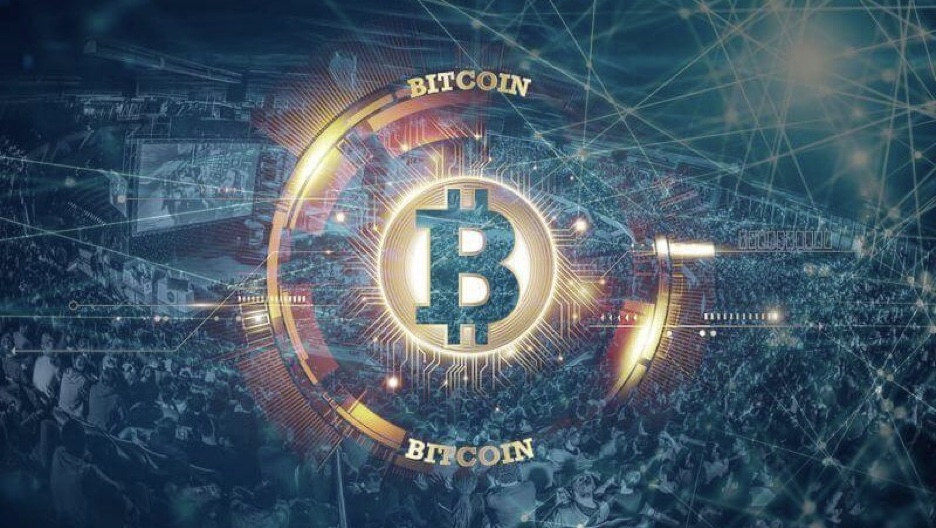
Microtransactions, the small in-game purchases that have become ubiquitous in modern gaming, have been a subject of both fascination and controversy. From buying virtual items to unlocking additional content, microtransactions have revolutionized the gaming industry. But what happens when these microtransactions meet Bitcoin, the groundbreaking cryptocurrency? In this article, we delve deep into the fusion of microtransactions and Bitcoin, exploring its potential to reshape the gaming landscape. In addition, you can find an investment education company to start your learning journey by visiting Immediate Byte.
The Traditional Microtransactions Landscape
History and Evolution of Microtransactions in Gaming
Microtransactions have a rich history dating back to the early days of gaming. They began as simple add-ons like skins or cosmetic items. However, they quickly evolved into more integral components of games, enabling players to enhance their experience through in-game purchases.
Challenges and Limitations of Traditional Microtransactions
Traditional microtransactions have faced criticism for being perceived as pay-to-win mechanisms, where players can gain advantages by spending money. This has led to concerns about fairness and the impact on gameplay dynamics.
User Concerns and Controversies
Players have voiced concerns over the addictive nature of microtransactions, as they encourage frequent spending. Loot boxes, in particular, have come under scrutiny for their resemblance to gambling. These issues have triggered regulatory responses in various countries.
Understanding Bitcoin and Its Potential in Microtransactions
Explaining Bitcoin and Its Key Features
Bitcoin, a decentralized digital currency, offers unique advantages for microtransactions. It operates on a blockchain, ensuring transparency and security. Its borderless nature and low transaction fees make it an attractive option for global microtransactions.
Advantages of Bitcoin for Microtransactions
- Instantaneous Transactions: Bitcoin transactions are nearly instantaneous, reducing the waiting time for in-game purchases.
- Lower Fees: Traditional payment methods often involve higher transaction fees, whereas Bitcoin offers cost-effective alternatives.
- Cross-Border Transactions: Bitcoin simplifies cross-border microtransactions, eliminating the need for currency conversions.
- Enhanced Privacy: Bitcoin offers a degree of anonymity, providing users with privacy in their transactions.
Use Cases: Where Bitcoin Is Already Used for Microtransactions
Bitcoin has already made inroads in the gaming industry. Some online gaming platforms and casinos accept Bitcoin as a form of payment for microtransactions. This demonstrates the growing acceptance and adoption of cryptocurrencies in gaming.
The Rise of Bitcoin in Gaming
How Gaming Companies are Embracing Bitcoin
Several gaming companies are recognizing the potential of Bitcoin. Some have integrated Bitcoin payment options, allowing players to use cryptocurrency for in-game purchases. This opens up new revenue streams and markets for these companies.
Bitcoin as a Solution to Cross-Border Transactions
In an increasingly globalized gaming market, Bitcoin streamlines cross-border transactions. Gamers from different parts of the world can engage in microtransactions without dealing with currency exchange hassles, benefiting both players and developers.
Enhanced Security and Transparency in Microtransactions
Blockchain technology, which underpins Bitcoin, offers a transparent and immutable ledger. This can address concerns about fraudulent transactions and enhance the overall security of microtransactions in gaming.
Challenges and Concerns
Scalability Issues and Transaction Speed
Bitcoin’s scalability has been a topic of debate. As more users join the network, transaction speeds may slow down. This poses challenges for microtransactions, which require near-instant processing.
Volatility of Bitcoin Prices
Bitcoin’s price volatility is a double-edged sword. While some see it as an investment opportunity, others find it unsettling for day-to-day transactions. Players may be hesitant to use Bitcoin if they fear losing value.
Regulatory and Legal Considerations
The regulatory environment surrounding cryptocurrencies is still evolving. Governments and authorities are crafting policies to govern their use. Gaming companies must navigate these legal frameworks to ensure compliance.
The Future of Microtransactions with Bitcoin
Predictions for the Growth of Bitcoin in Microtransactions
Experts believe that Bitcoin’s role in microtransactions will continue to expand. We explore future trends and potential innovations in this space.
Technological Innovations and Solutions on the Horizon
The development of Layer 2 solutions and improvements in Bitcoin’s technology aim to address scalability and transaction speed issues, making it an even more viable option for microtransactions.
Potential Disruption of Traditional Payment Methods
As Bitcoin gains traction in gaming, it may disrupt traditional payment methods and challenge the dominance of credit cards and digital wallets in the industry.
Conclusion
In conclusion, the convergence of microtransactions and Bitcoin represents an exciting shift in the gaming industry. While challenges and concerns persist, the benefits of using Bitcoin for microtransactions, including speed, cost-effectiveness, and transparency, make it a compelling option. As gaming companies continue to experiment with this innovative approach, players and developers alike should stay vigilant, ensuring responsible use and embracing the evolving landscape of gaming economies. Bitcoin’s influence in the world of microtransactions is here to stay, and it has the potential to be a true game-changer.

